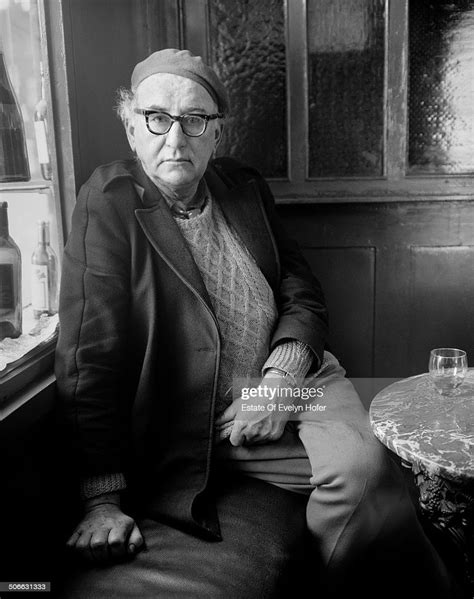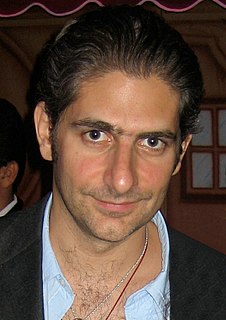A Quote by George Bernard Shaw
If you do not write for publication, there is little point in writing at all.
Quote Topics
Related Quotes
Right now-whether you're in writing courses getting "paid" in credit for writing, or burdened and distracted by earning a living and changing diapers-figure out how to make writing an integral part of your life. Publication is good, and gives you the courage to go on, but publication is not as important as the act of writing.
By this point, it was clear she wasn't interested in continuing the relationship. What publication on earth would continue a relationship with a writer who would refuse to discuss her work with her editors? What publication would continue to publish a writer who attacked it on TV? What publication would continue to publish a writer who lied about it - on TV and to a Washington Post reporter? ... It's true: Ann is fearless, in person and in her writing. But fearlessness isn't an excuse for crappy writing or crappier behavior.
The secret to writing is just to write. Write every day. Never stop writing. Write on every surface you see; write on people on the street. When the cops come to arrest you, write on the cops. Write on the police car. Write on the judge. I'm in jail forever now, and the prison cell walls are completely covered with my writing, and I keep writing on the writing I wrote. That's my method.
The experience that a publication creates for its audience is the very essence of that publication's brand - and without deep engagement, that publication's brand will be weak. A good publication is a convener and an arbiter - it expresses a core narrative that becomes a badge of sorts for its readership.
I still encourage anyone who feels at all compelled to write to do so. I just try to warn people who hope to get published that publication is not all it is cracked up to be. But writing is. Writing has so much to give, so much to teach, so many surprises. That thing you had to force yourself to do - the actual act of writing - turns out to be the best part. It's like discovering that while you thought you needed the tea ceremony for the caffeine, what you really needed was the tea ceremony. The act of writing turns out to be its own reward.
I liked to write from the time I was about 12 or 13. I loved to read. And since I only spoke to my brother, I would write down my thoughts. And I think I wrote some of the worst poetry west of the Rockies. But by the time I was in my 20s, I found myself writing little essays and more poetry - writing at writing.






































